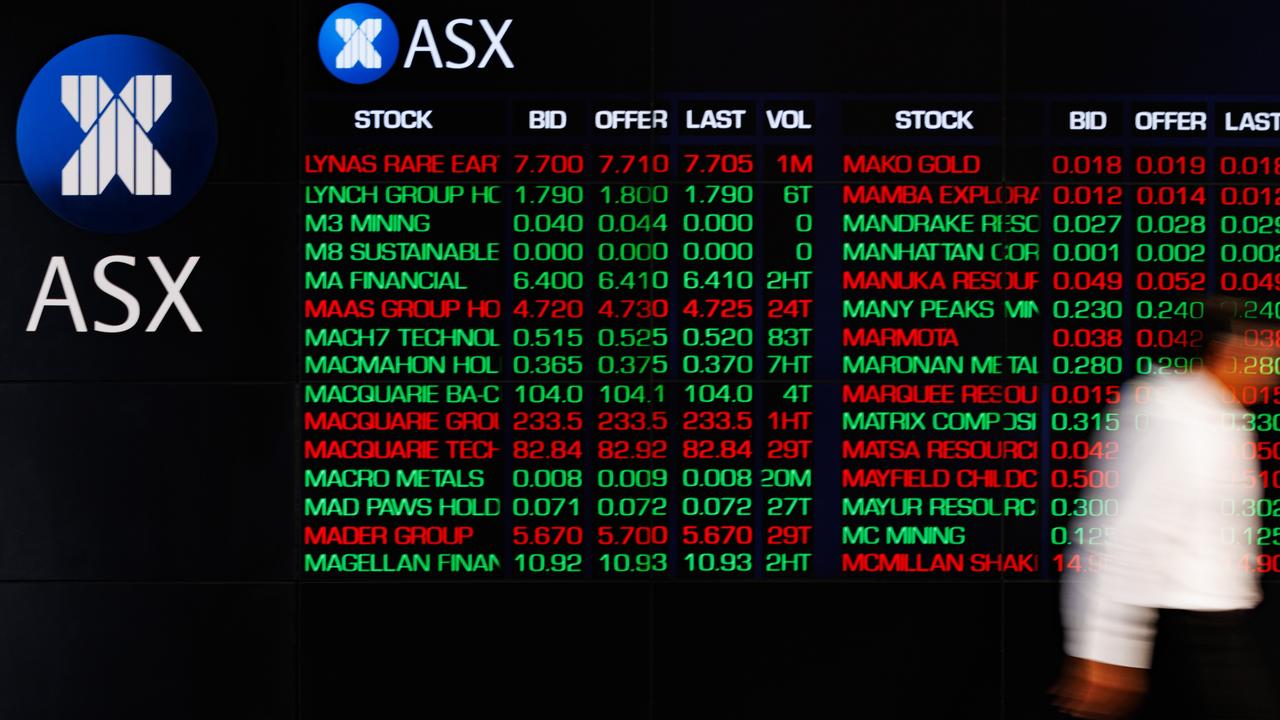‘It’s a poisoned chalice’: The ticking time bomb lying in wait for new PM
There are some elections you don’t want to win — and this graph suggests this is one of them. Whoever becomes PM may ultimately be doomed.
There are some elections you don’t want to win. And that might be the case for the poll next Saturday between Bill Shorten and Scott Morrison.
Becoming prime minister just when the economy falls apart is like being put in the driver’s seat of the bus just before it goes off a cliff.
Australia’s economy is still sputtering along, but there are enough warning signs to ask if this is an election a politician really wants to win.
THE WARNING SIGNS
The biggest issue in Australia is economic growth has slowed to a rate below population growth. That means per person our economy is shrinking, as the next chart shows.
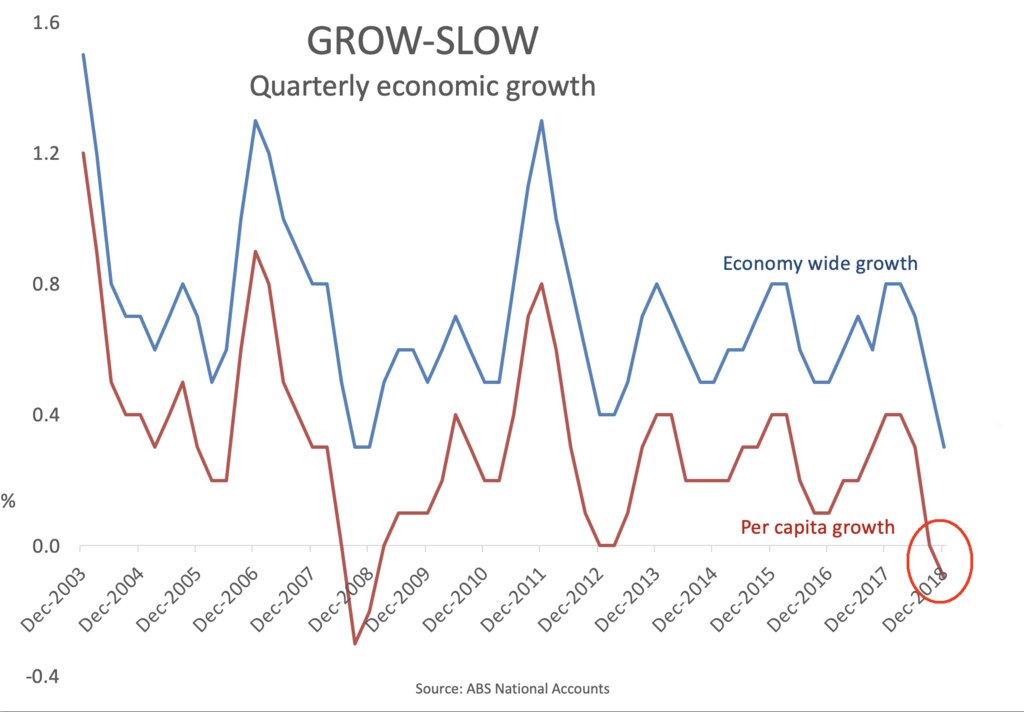
Economic growth is needed to keep the unemployment and underemployment rates from rising. Australia’s unemployment rate is 5 per cent and our underemployment rate is 8.2 per cent. Both of these are too high, and the proof of that is in our weak wages growth.
Worse, there are early signs a turning point has arrived in our labour market, with unemployment struggling to fall under 5 per cent, while the number of job ads is going down, as the next chart shows. The growth in job ads doesn’t turn negative very often, but it has now. That’s a grim portent for whoever becomes prime minister.
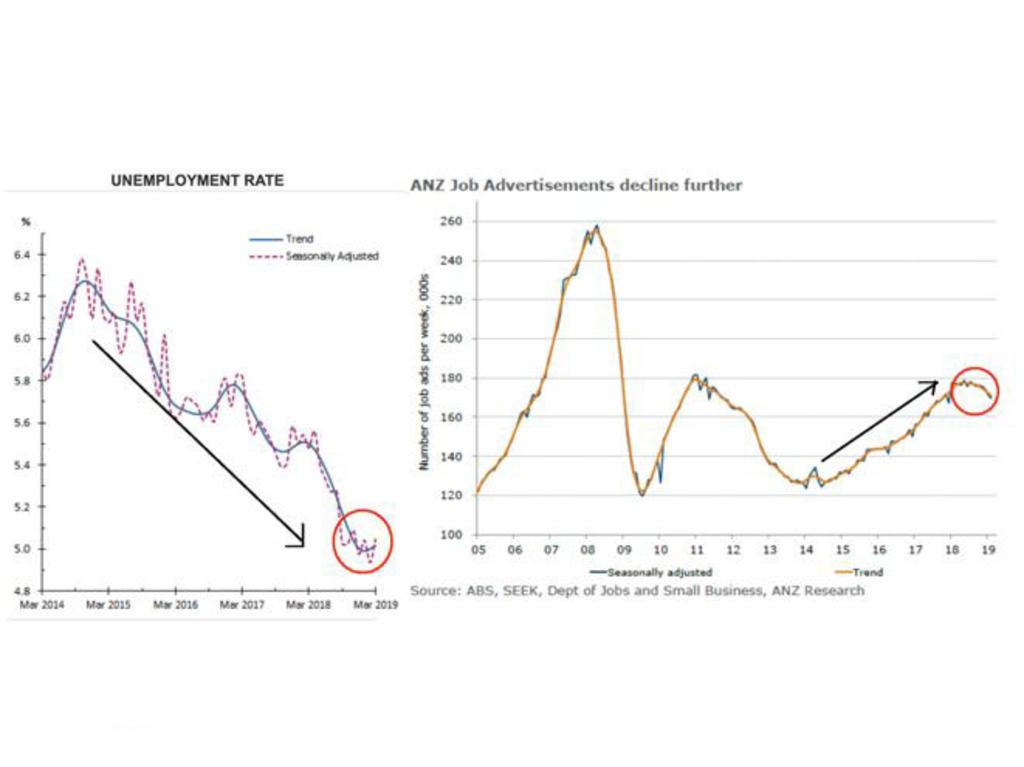
House prices are also falling, which you may have heard about. Falls are now a little slower than they were in late 2018. That may seem like normality returning.
The problem is the number of houses being sold is relatively few. Not many sellers are coming to the market, and not many buyers are meeting them. The number of houses changing hands is down by around 20 per cent from 2015. The number of houses listed for sale in April fell by 6 per cent. When the sellers return, the extra supply could mean price falls intensify again.
RELATED: Bitter fallout from PM’s egging
RELATED: Barnaby’s clever trick revealed
RELATED: PM ‘must act’ over Lib’s paedophile slur
More house price falls are wonderful news for anyone who wants to buy a house, but they could be bad news for confidence and retail spending. Also bad news for whoever is the next prime minister.
Labor’s proposed changes to negative gearing could also have odd effects on the housing market. Any established house bought before January 1, 2020 will still have access to negative gearing, but after that date, the tax deductions will only be available on new properties. So, housing investors are likely to want to get into the market before the end of the year. That could cause a small uptick in prices of established homes unless enough homeowners take that last opportunity to sell to eager investors.
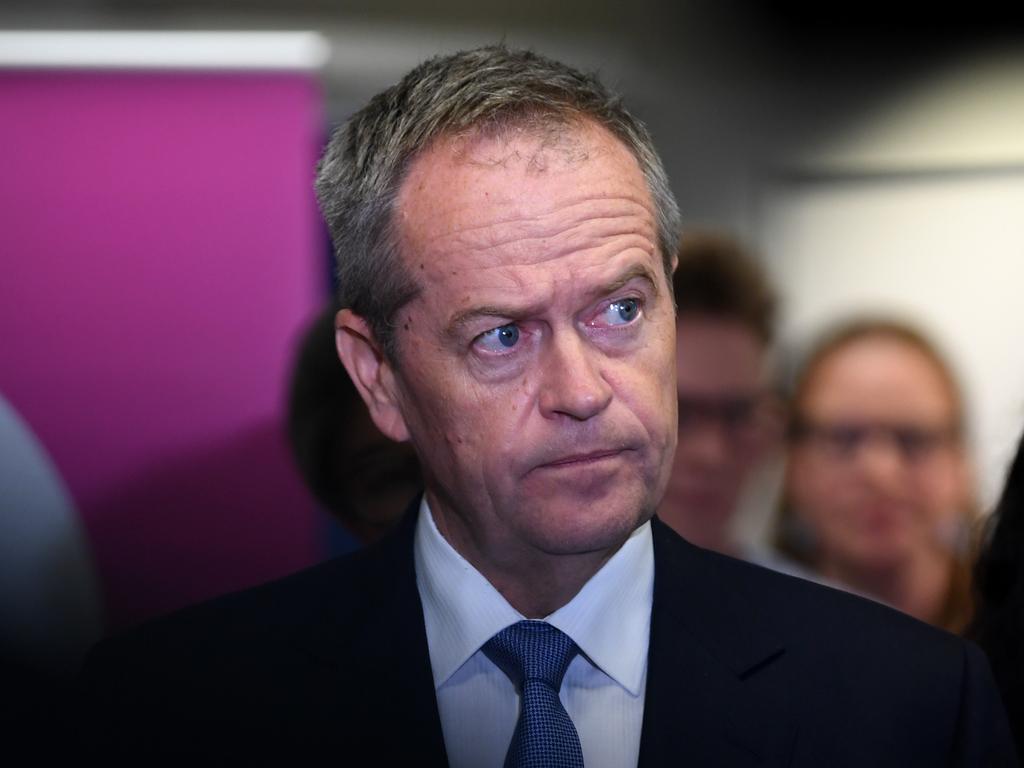
Exactly how supply and demand will play out in the second half of the year if Labor wins is unclear, but it is clear that after January 2020, investor demand for established homes should shift to newly built homes.
And this is without even talking about the global issues between the US and China that could blow up, or the flashing warning signal of a US recession that recently appeared — the “inverted yield curve” in bond markets.
HOW REPUTATIONS ARE MADE
Anyone remember Kevin ’07? Kevin Rudd won an election in late 2007, and the Labor Party took government. But the global economy was about to hit the fan.
The global financial crisis (GFC) began in 2008, and the Australian economy wobbled. You can see it in the graph above, where GDP growth dips in 2008. Rudd responded with a big financial stimulus. In my view that was the right thing to do to support the economy, but the economic turmoil cost him.
Being in power in good times is easy, while being in power in hard times opens you up to criticism that it’s all your fault. That makes a leader vulnerable. Stability in the economy is linked to political stability. This is true around the world, with China and Germany showing both, while Greece and Italy have neither.
The last time Australia had smooth economic sailing was back in the 2000s, and it is no surprise John Howard won several terms in a row. The dizzying array of prime ministers we’ve had since — Rudd, Gillard, Rudd, Abbott, Turnbull and Morrison — are in part a consequence of the economic uncertainty since the GFC.
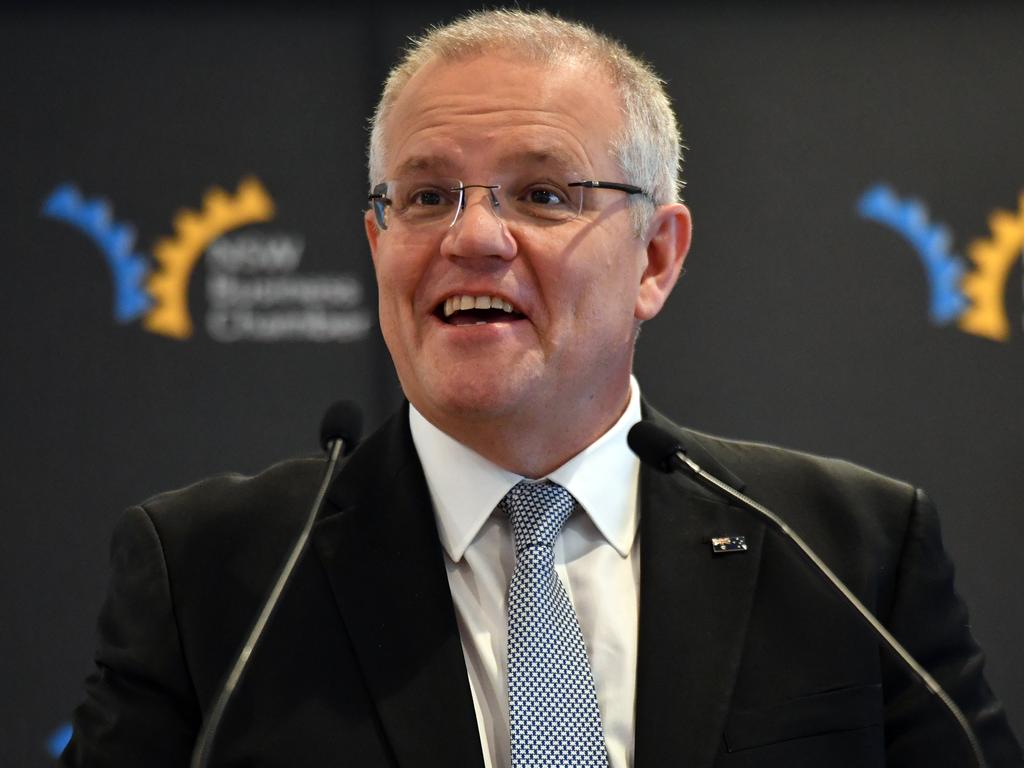
If Scott Morrison somehow wins this election and the economy falls apart under him, he probably should worry about how long he will last as PM. Likewise, if Bill Shorten takes power and the economy falls apart — it’s a poisoned chalice.
Whoever ends up in government, it will be all too easy for the other side to make a furore over their failed economic management — even if it’s not all their fault. Hard times make the life of an opposition easy and the life of a government hard.
Given all the bad signs, it’s possible whoever ends up in opposition will feel a little bit of relief.
Jason Murphy is an economist. He writes the blog Thomas the Think Engine. Continue the conversation @jasemurphy


